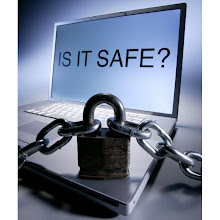
The FraudLabs Credit Card Fraud Detection Web Service is a hosted, programmable XML Web Service that allows instant detection of fraudulent online credit card order transactions. The FraudLabs Credit Card Fraud Detection Web Service helps the Internet merchant to avoid loss of revenue, waste of productivity, and increase of operation costs in chargebacks and higher reserved funds as a result of online frauds.
Simply provide FraudLabs several non-intrusive online transaction data such as IP address, email address domain name, delivery address, credit card bank identification number (BIN), area code and ZIP code. FraudLabs Web Service analyzes and scores the transaction information using proprietary FraudLabs algorithm based on known risk factors derived from online fraud patterns. Merchants can automate business decision instantly based on the FraudLabs XML results that are cross-referenced against multiple proprietary databases in real-time.
A fraud validation score is directly proportional to the risk of the input values. The higher the scores, the higher the risk of a transaction.
Benefits
Prevents loss of revenue due to delivery of goods to fraudsters.
Prevents waste of productivity to review all online orders manually.
Prevents increase of operation costs as a result of online frauds chargeback and higher reserved funds.
Integrates via an XML-based Web services interface to any product or platform.
Contains sample code examples for ease of integration.
Provides multiple subscription levels at different prices based on your business needs.



